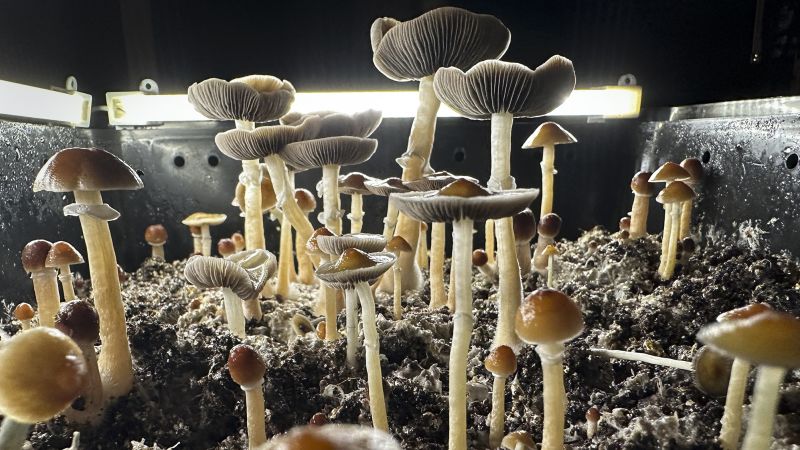CNN —
Daniel Carcillo wanted two things in life: to play hockey and to be a father.
The Canadian started ice skating aged three and got his start in professional ice hockey as soon as he graduated high school.
By 20 he’d broken into the NHL and over the next decade would play for the Philadelphia Flyers, New York Rangers and Los Angeles Kings.
By 30, he was a two-time Stanley Cup winner with the Chicago Blackhawks and, in 2015, had retired from the sport, poised to enjoy retirement with his wife and three children, he says.
By age 31, he was suicidal.
After seven diagnosed concussions, Carcillo tells CNN that he was suffering from “dementia-like” symptoms, along with depression, anxiety and headaches, so much so that even a day out with his kids felt torturous.
“If they want to go outside on a very sunny day, and I can’t find my dark glasses to block the sun out … I would try to go outside and tough it … that would trigger a headache, and that would trigger head pressure,” Carcillo tells CNN Sport.
“Your impulse control is off,” he explained. “It would be miserable … Eventually, I would just go inside.”
After retiring from hockey, Carcillo was experiencing “dementia-like” symptoms, along with depression, anxiety and headaches. Jeff Gross/Getty Images
Carcillo says he also suffered from insomnia and disrupted sleep and would go to bed at 4 or 5 a.m., trying to sleep as much as he could during the day so that he wasn’t around anybody or in the sun.
“It’s a very lonely place to be,” he says.
He spent over $500,000 on prescription medications and treatments at stroke rehabilitation centers, brain centers, and concussion centers, as well as holistic therapies, and worried that he was a “burden in people’s lives.”
Then in a “last-ditch effort” to try and alleviate his symptoms, he says he took a dose of psilocybin – the main psychoactive ingredient in magic mushrooms – in Denver, which became the first US city to decriminalize hallucinogenic mushrooms.
“And I woke up the next day and I describe it as feeling the way I should,” said Carcillo. “I felt like, for the first time in a very, very long time, I had a zest for life. All I wanted to do was get on FaceTime and call my wife and call my kids and get back home.”
Sporting potential
Carcillo isn’t the only athlete – former or current – openly talking about using psychedelics to treat various conditions.
Psychedelics, described by Harvard Hea
Continue Reading on CNN
This preview shows approximately 15% of the article. Read the full story on the publisher's website to support quality journalism.
